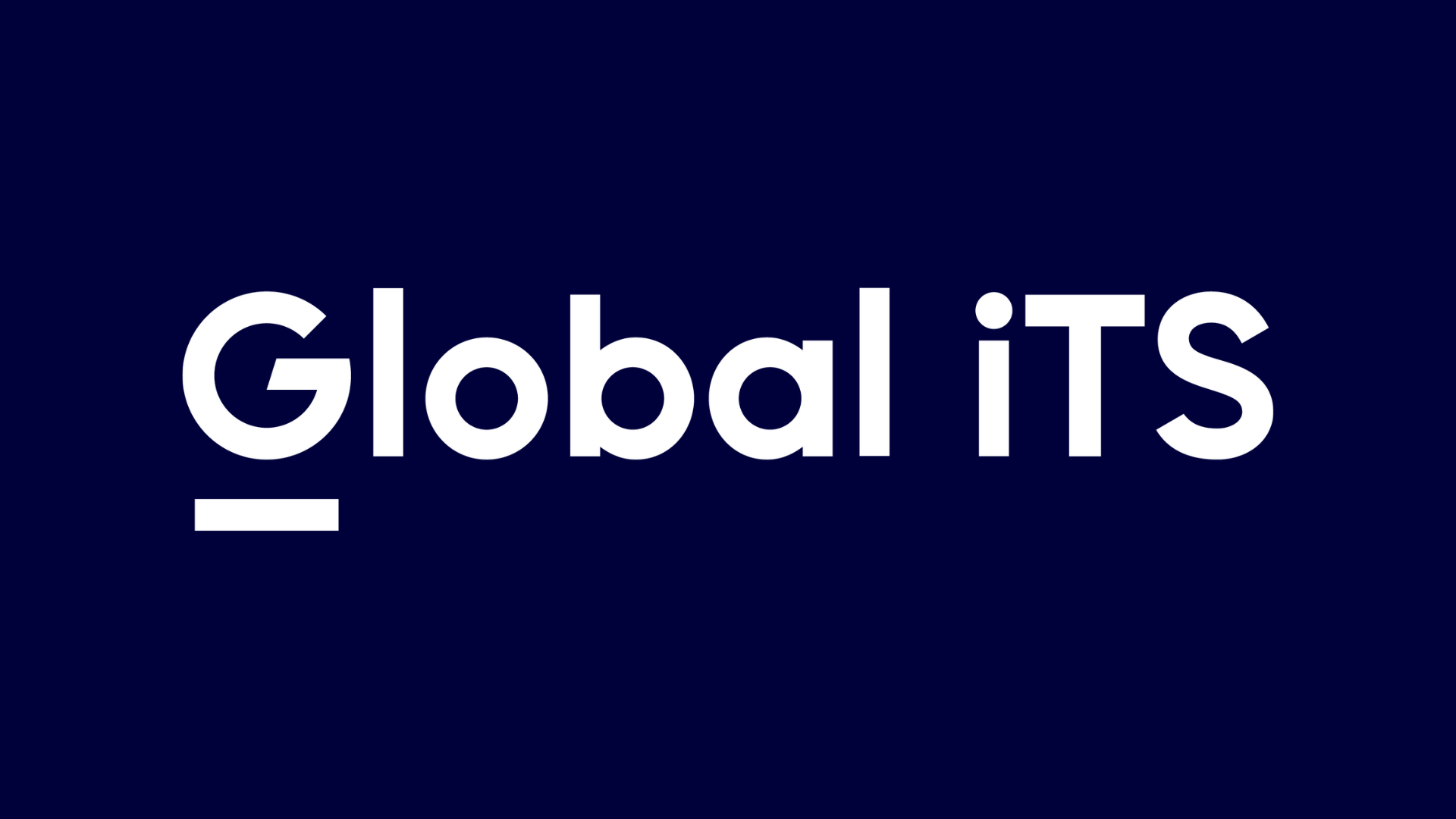In line with the global technological development, Microsoft is planning to open the first data centers in the Middle East, located in Dubai and Abu Dhabi. Regarding to the software developers who seeks to capitalize on the territory rising demand for digitization.
The cloud-computing websites are projected to be obtainable by 2019, the Redmond, Washington-based company stated in an emailed declaration on Wednesday. Microsoft will also open new sites in Switzerland and will add more locations in Germany.
“Driven by strong customer demand for cloud computing, local data centres were the logical next step given the enormous opportunity that the cloud presents,” said Sayed Hashish, regional general manager of Microsoft Gulf. “Our ambition is for the Microsoft Cloud to form a strategic part of the backbone for regional economic development.”
Investments into the UAE data centers grow on Microsoft’s existence in the district for more than 20 years. Its Azure cloud is currently in 42 regions globally. Microsoft is competing to expand into new areas against Amazon, who in September announced plans to open a cloud-data center in Bahrain by early 2019.
Microsoft refused to reveal the cost of investment into the Middle East data centers, or other information on the estimated number of jobs that may be generated, when communicated by The National. The company likewise did not reveal the details about upcoming cloud sites in the territory.
Microsoft, whose cloud infrastructures serve more than a billion customers globally, believes its number of cloud sites to grow 25% over the “next few years,” Mr Hashish said in an e-mailed reply to questions. The provincial growth above doubled in the last three years and the company has proclaimed 50 areas worldwide.
Microsoft has assisted produce “hundreds of thousands” of jobs at the Middle East and Africa and is working to provide “many more” over its platforms, he said.
The organization has maintained the launch and progression of more than 4,000 start-ups across the district through its several programs.
As stated by Mckinsey, there is a solid connection among a countries’ GDP per capita and its digital adoption. A unified digital market across the Middle East, which is 160 million potential digital users by 2025, could contribute up to 3.8% yearly in GDP—amounting to nearly $95 billion, Mckinsey stated in an October 2016 report.
Microsoft and Amazon’s compete to establish new markets in the district is pegged to the biggest economies embracing digitization.
There is an uptick in e-commerce and economic broadening plans that look to reduce dependence on oil and create knowledge-based economies as set out in the UAE’s Vision 2021 plan and Saudi Arabia’s Vision 2030.




